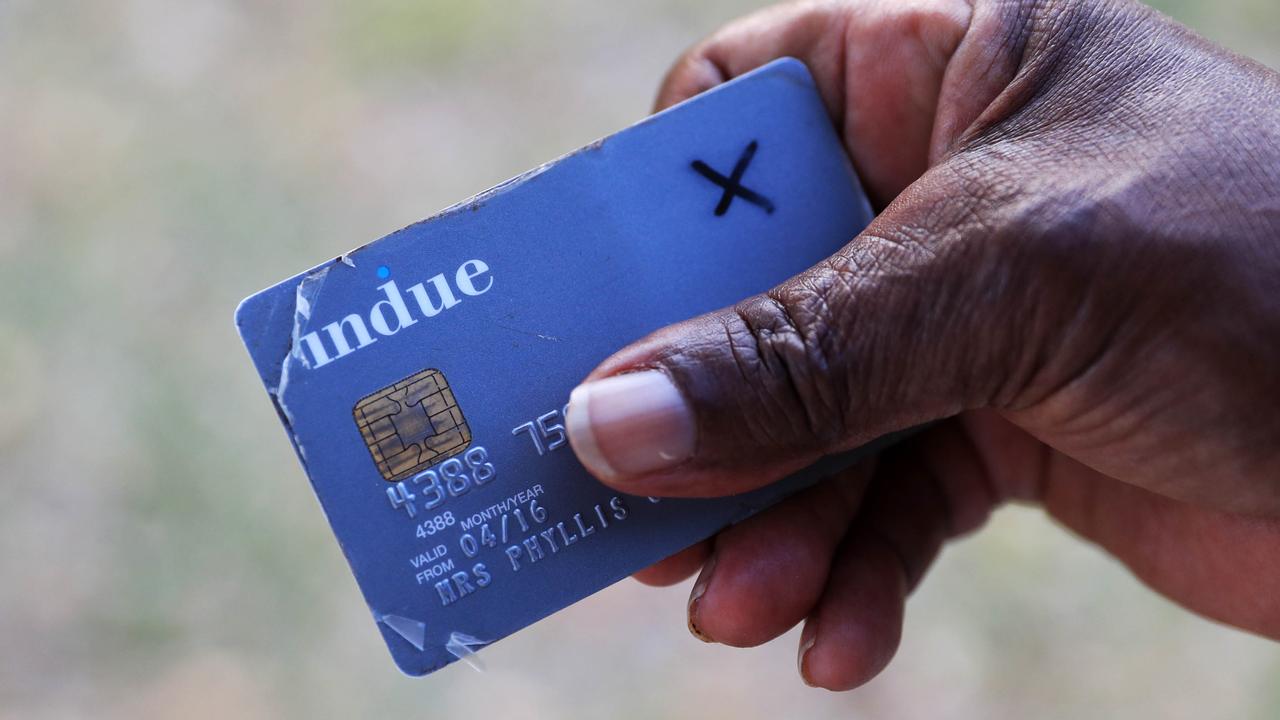Finale episode of Wik case comes too late for many
HISTORY was made in a stifling shed on Cape York Peninsula as a judge declared Australia's longest native title claim settled.

HISTORY was made in a stifling shed on Cape York Peninsula as a black-robed judge declared that Australia's longest, most divisive native title claim had at last been settled.
Applause broke out when Federal Court judge Andrew Greenwood granted native title to a 4500sq km tract of land and waterways in the fifth and final instalment of the Wik case - the first to be pursued by Aborigines after the High Court recognised native title 20 years ago.
It ends a legal saga that dates back to 1993. On the back of the Mabo decision, the High Court found in a follow-up case that native title could co-exist with pastoral leases.
For a time, there was uproar over whether farming and mining was at risk, forcing the federal government to legislate in 1996.
But it was a case of justice delayed too long for the old timers in Aurukun, who didn't live to hear Justice Greenwood declare their legal right to hunt, fish, camp and perform traditional rites on the five pastoral leases and two rivers cited in his historic finale to the Wik litigation.
The judge said it was a proud day for the local Wik and Wik Way peoples.
But Victor Lawrence, 67, said it was a sad day, too, given so many of his relatives and friends had died while the case wound its way through the High Court and the five subsequent Federal Court determinations, covering a total area of 28,000sq km of Cape York.
"It means a lot that they have handed back my traditional place," Mr Lawrence told The Australian, after Justice Greenwood shook his hand and gave him a copy of the judgment.
He paused, before adding: "I feel heavy in the heart, you know, that we aren't all here. Most of my family has been lost . . . they went over the years, and now I am here for them, to see our homeland come back."
Sharon Bandicootcha, another of the successful claimants, was 15 when the Wik case began - the same age her oldest son, Mitchell, is now. She said she had become involved in the action to ensure her children would have right of access to the country of her late grandmother, Constance, on Kendall River.
"They are going to be able to go out there and live on the land without anyone telling them 'You can't do this, or you can't do that' . . . or looking over their shoulders on their own land," Ms Bandicootcha, 35, said.
The temperature hit 40C in the metal-skinned Aurukun recreational centre as Justice Greenwood detailed the long and involved history of the Wik case.
The litigation began on June 30, 1993, prior to the commencement of the Native Title Act. This was brought in by the then Keating Labor government after the High Court exploded the legal notion that Australia was an empty land before European arrival.
The area subject to claim on Cape York was not only vast, but also involved a range of land tenure and interests, including cattle grazing, fishing and mining.
In 1996, the case went to the High Court and the new Howard government pushed further changes through parliament to end any lingering doubt over the status of pastoral leases, which were found to co-exist with native title when Aborigines could prove an on-going connection to the land.
From there, the Federal Court made five determinations over "chunks" of the claimed area, culminating in yesterday's decision.
"I think it was a fairly charged environment," Justice Greenwood told The Australian. "The commonwealth had to work out a policy solution . . . to give some certainty. But it also had to create a clear, well-developed regime to deal with these claims.
"This particular claim was the very first claim filed in the Federal Court. It was claim No 1."



